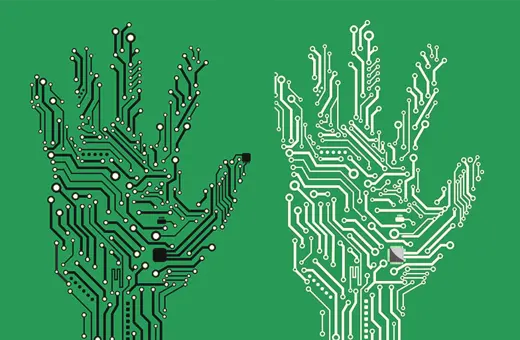What are the Christmas holidays about? St Augustine reminds us that Christmas is, for believers, the celebration of a metaphysical miracle: of God becoming man. For those of a more secular sensibility, Christmas has become a tradition untethered from religion. Yet Nietzsche is quick to point out that tradition is not as innocent as we might think. The degree to which we look forward to Christmas to get us through the early months of winter has a strange Marxist echo: are the holidays the opium of the people? Nonsense, you might think, it's just a holiday, a time to take a break from work, relax and enjoy some free time - Bertrand Russell's orders! Yet Adorno is not sure that your free time is as free as you might think it is.
Nietzsche on following tradition
Christmas is celebrated by many who are not religious, a phenomenon that echoes’ Nietzsche’s remarks in The Gay Science about how even after the death of God, his shadow will still loom large. In reality, most of us don’t think very much about Jesus of the death of God over Christmas. If we think about it at all, we understand the festive celebrations as part of a tradition we inherited from our culture and our family. But Nietzsche has no kind words to say about tradition either.

“What is tradition? A higher authority which one obeys, not because it commands what is useful to us, but because it commands. What distinguishes this feeling in the presence of tradition from the feeling of fear in general? It is fear in the presence of a higher intellect which here commands, of an incomprehensible, indefinite power, of something more than personal—there is superstition in this fear.”
Nietzsche, Daybreak
St Augustin on the official story of Christmas
It’s easy to forget that Christmas is in fact supposed to be a celebration of the birth of Jesus, believed by Christians to be the son of God. So here is St Augustin on the official story of why Christmas is a cause for celebration for believers.

“Awake, mankind! For your sake God has become man. Awake, you who sleep, rise up from the dead, and Christ will enlighten you. I tell you again: for your sake, God became man.You would have suffered eternal death, had he not been born in time. Never would you have been freed from sinful flesh, had he not taken on himself the likeness of sinful flesh. You would have suffered everlasting unhappiness, had it not been for this mercy. You would never have returned to life, had he not shared your death. You would have been lost if he had not hastened ‘to your aid. You would have perished, had he not come.
Let us then joyfully celebrate the coming of our salvation and redemption. Let us celebrate the festive day on which he who is the great and eternal day came from the great and endless day of eternity into our own short day of time.”
Karl Marx on religion
Whether religious or not, many of us look forward to Christmas for a number of reasons: to celebrate, to meet with our families, to have some time off and relax. Looking forward to the holiday break is sometimes what keeps us going in a mad, hectic and unkind world. Wait, are the holidays the opium of the people?






















Join the conversation